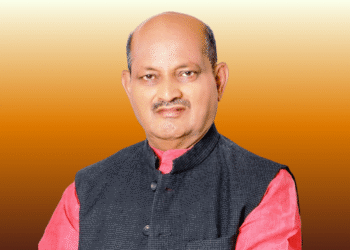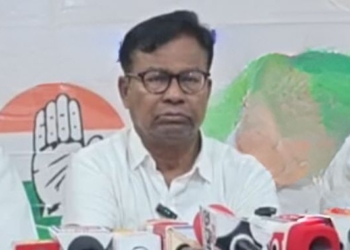In a landmark move to align with the National Education Policy (NEP) 2020, Odisha Chief Minister Mohan Charan Majhi has unveiled a comprehensive plan to overhaul the state’s primary education system.
Emphasising the critical role of education in achieving a prosperous Odisha by 2036, the Chief Minister announced a series of transformative decisions during a review meeting of the School and Mass Education Department at Lok Seva Bhawan.
A key decision includes the regularisation of schematic primary teachers, ensuring job stability and improved service conditions. To address the teacher shortage, the state plans to recruit 44,433 primary teachers over the next three years, with 39,366 new posts to be created and 5,067 existing vacancies to be filled by December 2025. Approximately 15,000 posts will be filled annually to meet the demands of NEP 2020. Currently, Odisha’s 45,292 primary schools employ 1,60,319 teachers, and the new appointments will significantly strengthen this workforce.
To ensure equitable access to education, free textbooks will now be provided to all students up to Class 10, expanding the existing scheme that covers Classes 1 to 8 and SC/ST students in Classes 9 and 10. Additionally, the state will consolidate the Board of Secondary Education (BSE) and the Council of Higher Secondary Education (CHSE) into a single board to streamline school education governance.
The health and well-being of students were also prioritised. The Chief Minister directed the appointment of Auxiliary Nurse Midwives (ANMs) for hostels, with one ANM for every 300 students, to ensure medical support for residential students. Furthermore, the approval process for new private schools will shift to a fully online system, enhancing efficiency and transparency.
Special focus was placed on tribal education, with an emphasis on teaching in mother tongues to improve learning outcomes. A multilingual education centre will be established in Koraput in collaboration with SCSTRTI. For differently-abled students, trained B.Ed. Teachers will be appointed as resource persons in various clusters. The State Council of Educational Research and Training (SCERT) will be developed on the lines of NCERT, and the Directorate of Textbook Publication and Marketing will be strengthened to support quality education delivery.
The meeting was attended by key officials, including School and Mass Education Minister Nityananda Gond, Chief Secretary Manoj Ahuja, Principal Secretary to CM Shashwat Mishra, Finance Department Principal Secretary Sanjeev Mishra, School and Mass Education Secretary Shalini Pandit, and OSEPA Director Ananya Das, among others.
These reforms signal Odisha’s commitment to building a robust, inclusive, and future-ready education system, setting the stage for a brighter tomorrow.






























